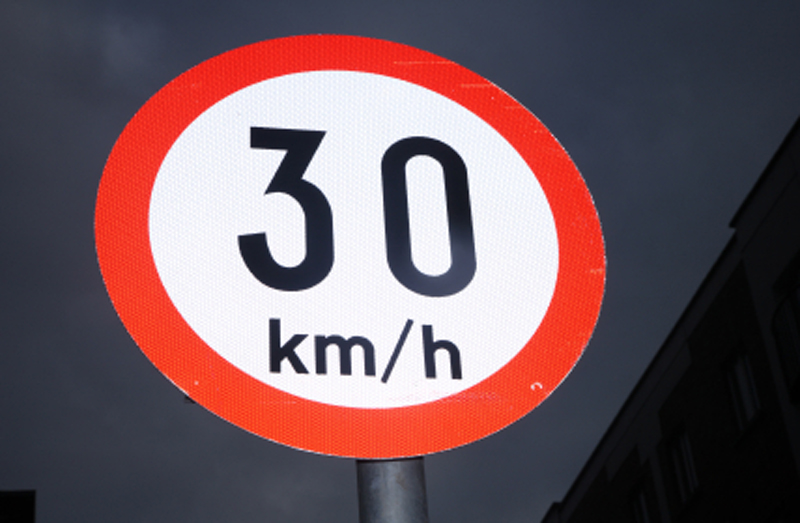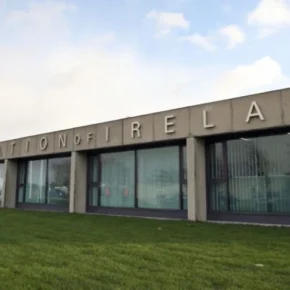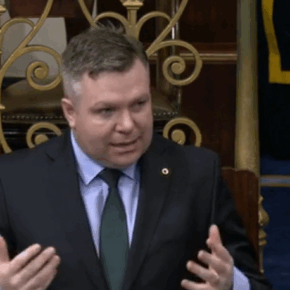Government plan to reduce speed limits nationwide
Mike Finnerty 06 Sep 2023
Speed limits on many roads are set to be reduced under plans being developed by Government.
Minister of State at the Department of Transport Jack Chambers said he is working on a review that will soon go to cabinet, which he claims will make a “significant” difference to lowering speed limits.
Speed will be capped at 80km/h on national secondary roads, a drop from the current limit of 100km/h.
The limit on local and rural roads would drop from 80km/h to 60km/h.
Within towns, cities and residential areas there would be a limit of 30km/h, while roads on the fringes of urban areas could be capped at 50km/h.
Speaking on RTÉ’s Morning Ireland, the Dublin West TD the “inconsistency and fragmentation of speed limits across the road network needs to end.”
He noted that 75% of fatalities take place on rural roads and the baseline speed limit on those roads should be lowered, while speed limits in urban and built-up areas should also drop.
While acknowledging it would take “significant time” for local authorities to lower limits, he said “comprehensive strengthening of enforcement” on Irish roads was an interim solution to the issue.
Chambers claimed there will be a 20% increase in the GoSafe hours, which he says will translate to 1,500 extra hours of GoSafe vans on Irish roads and “strengthened” visibility.
He said that local authorities will be given detailed guidance on the new framework, he said, and the new changes be implemented throughout 2024 and into 2025.
“This is about setting a better, safer baseline and then revising limits upwards, where it’s safe to do so, rather than the present system, which is specialist speed limits being brought backwards from a higher baseline.”
Blake Boland, head of communications with AA Ireland, said he was broadly supportive of the measures, but had some concerns about the implementations.
“Some of the speed limits that we see on the roads don’t seem appropriate and sometimes we see speed vans at places that could perhaps be better employed elsewhere,” he told RTÉ News.
“We really need to make sure that what comes through in terms of the legislation is really focused on reducing fatalities and serious injuries.”











